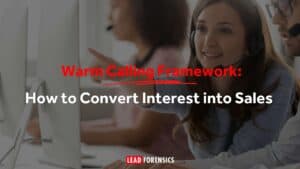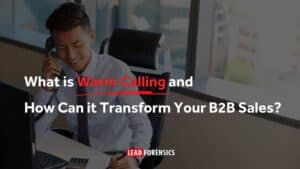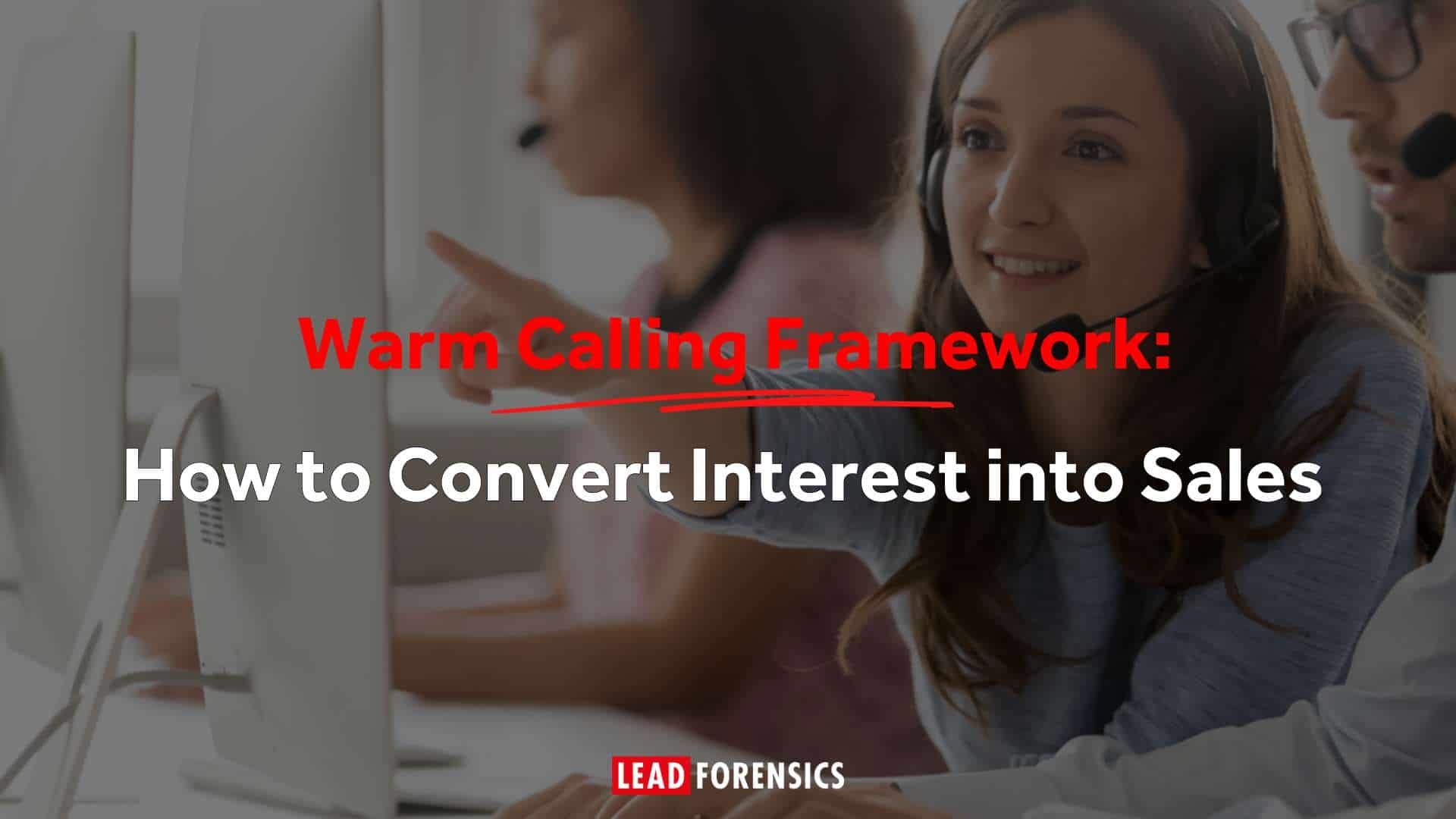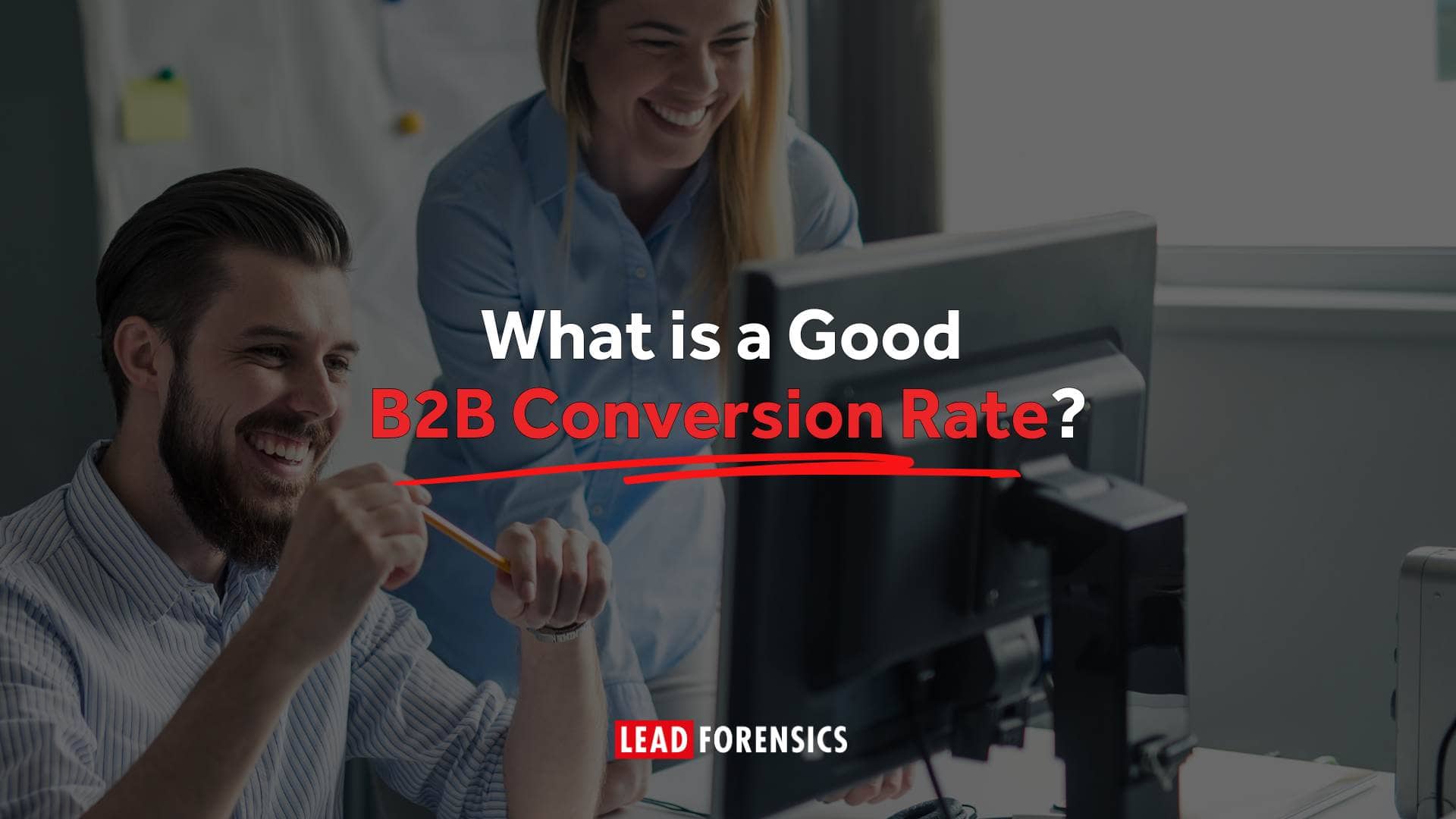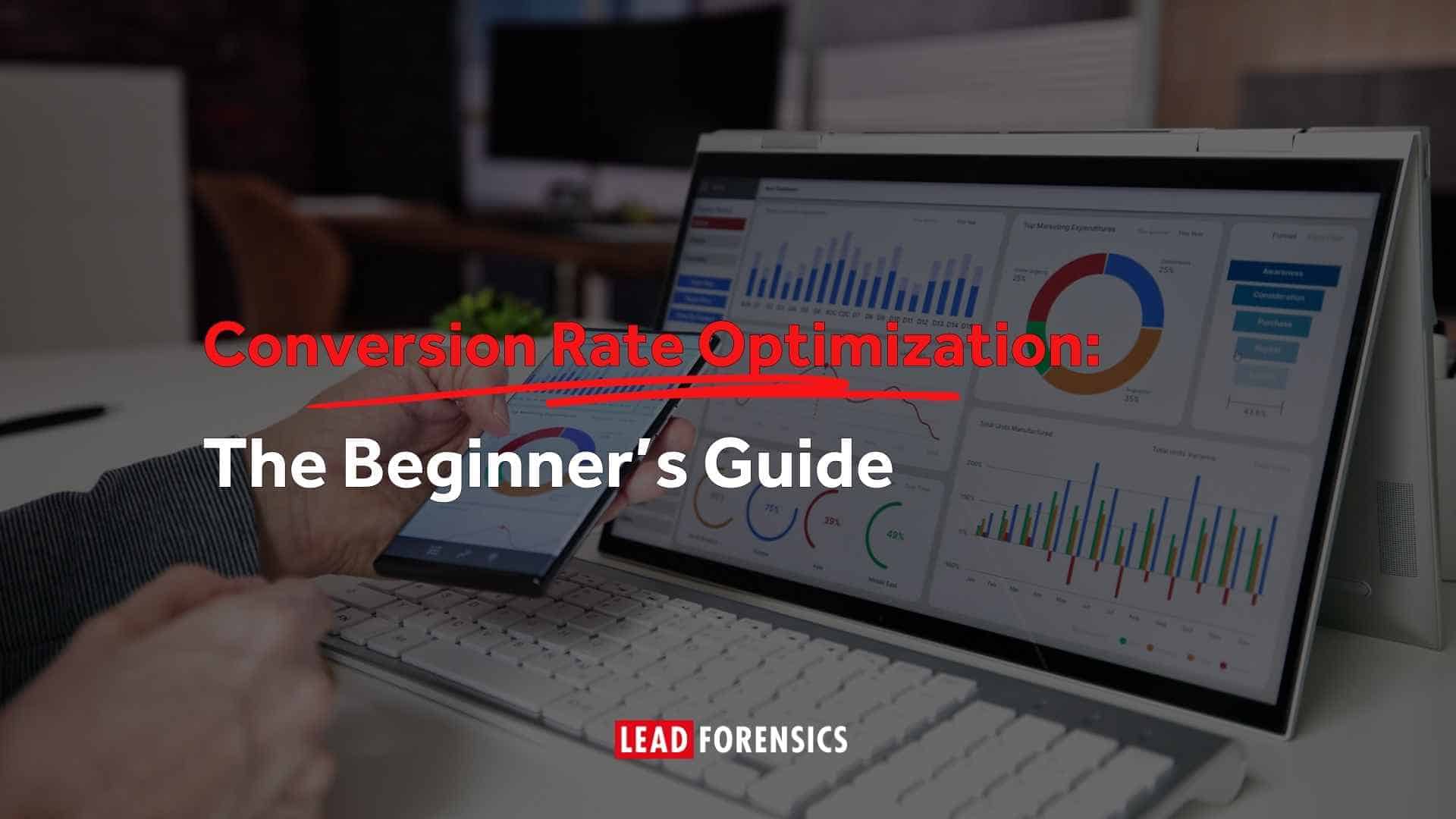Understanding Lead Scoring
Lead scoring is the process of assigning a value to each potential lead based on certain attributes and behaviors they exhibit.
By quantifying leads in this way, sales teams can prioritize their efforts and tailor their outreach strategies to resonate with the specific needs and interests of each prospect.
Why is lead scoring important?
Efficiency: Not all leads are created equal. Some are ready to make a purchasing decision, while others may need nurturing. Scoring helps you identify those that are worth pursuing immediately.
Personalization: Knowing more about your leads allows you to personalize your communication, making your interactions more relevant and valuable.
Increased Conversion Rates: Focusing on highly-scored leads increases the likelihood of conversion, leading to higher ROI on your sales efforts.
Lead Scoring Criteria
Your lead scoring criteria should reflect the characteristics and behaviors of your ideal customer. Here are some common criteria to consider:
Demographic Information
Demographic criteria provide a snapshot of the lead’s company and role within it. These factors help you understand whether the lead fits your target customer profile. Some key demographic criteria include:
- Company Size: The size of the company, whether it’s a small startup, a medium-sized enterprise, or a large corporation. This can help you tailor your offerings and communication to their specific needs.
- Industry: The industry in which the lead’s company operates. This is crucial because different industries have varying pain points and priorities that your product or service might address.
- Job Title/Role: The lead’s position within the company. Decision-makers, influencers, and end-users all play different roles in the purchasing process.
Engagement Level
Engagement criteria reflect how actively the lead interacts with your brand. These interactions indicate their interest and readiness to move through the sales funnel. Key engagement criteria include:
- Website Visits: The number of times the lead visits your website. Frequent visits might suggest higher interest.
- Email Interactions: Opening, clicking, and responding to your emails show engagement with your content.
- Social Media Engagement: Likes, shares, and comments on your social media posts indicate active interest.
- Event Participation: Attending webinars, workshops, or conferences you host signifies strong engagement.
Buying Signals
Buying signals are actions that indicate the lead’s intention to make a purchase. These actions suggest that the lead is actively researching solutions. Important buying signals include:
- Content Downloads: When a lead downloads resources like eBooks, whitepapers, or case studies, it signals interest in specific topics.
- Demo Requests: Expressing interest in seeing a product demonstration indicates a higher level of consideration.
- Trial Sign-ups: Registering for a free trial demonstrates a desire to experience your product firsthand.
Budget and Authority
Understanding a lead’s budget and decision-making authority is crucial to predicting their conversion potential. Key criteria include:
- Budget Allocation: Leads with a budget aligned to your pricing range are more likely to move forward.
- Decision-making Role: Identifying decision-makers allows you to directly target those who hold the power to finalize deals.
Timeline
The timeline criterion indicates the lead’s urgency to make a purchasing decision. Leads with shorter timelines might require more immediate attention. Relevant timeline criteria include:
- Purchase Timeline: When the lead intends to make a purchase. Leads with a shorter timeline are generally more valuable.
- Urgency: A lead expressing urgency in their communications signals a pressing need for a solution.
Creating a scoring system involves assigning points to each of these criteria based on their importance and relevance to your business. For instance, a lead from a target industry might receive more points than a lead from an unrelated industry.
As leads accumulate points, you can segment them into categories such as “Hot,” “Warm,” and “Cold,” indicating their readiness for engagement.
Remember, lead scoring criteria should be flexible and subject to refinement based on your experiences. Regularly analyze the effectiveness of your scoring system and make adjustments as needed to ensure it accurately reflects the traits and behaviors of leads that are more likely to convert.
Introducing Lead Forensics
When it comes to lead scoring, having the right tools at your disposal can significantly enhance your efforts.
Lead Forensics is a powerful website visitor identification software designed to unveil the anonymous visitors to your website. Here’s how it can take your lead scoring to the next level:
- Anonymous Visitor Identification: Lead Forensics goes beyond the limitations of traditional website analytics. It identifies the companies visiting your website, even if they don’t fill out a form. This valuable information provides you with a pool of potential leads that you can score and prioritize.
- Behavior Tracking: Lead Forensics tracks the pages visited, time spent, and interactions made by each anonymous visitor. This data gives you insights into their interests and needs, allowing you to tailor your outreach.
- Accurate Lead Information: With company details and contact information at your fingertips, you have a more comprehensive understanding of each lead. This enhances your lead scoring accuracy.
- Integration with CRM: Lead Forensics seamlessly integrates with your Customer Relationship Management (CRM) system, streamlining your lead management process.
Putting It All Together
Effective lead scoring is a combination of data-driven insights and a deep understanding of your ideal customers. By crafting a well-defined scoring model and utilizing tools like Lead Forensics, you can:
Prioritize with Precision: Focus your efforts on leads that are most likely to convert, saving time and resources.
Personalize Engagement: Tailor your messaging to resonate with each lead’s specific pain points and interests.
Boost Conversion Rates: Increase your chances of converting leads into paying customers, driving revenue growth.
Remember, successful lead scoring is an ongoing process. Continuously analyze and refine your criteria based on real-world outcomes to optimize your approach.
In the dynamic world of B2B sales, the ability to score your leads effectively can be a game-changer.
By harnessing the power of Lead Forensics and implementing a strategic lead scoring system, you’ll be well-equipped to not only meet your sales targets but exceed them, fostering lasting relationships with your most valuable clients. Get a free trial of Lead Forensics here.




